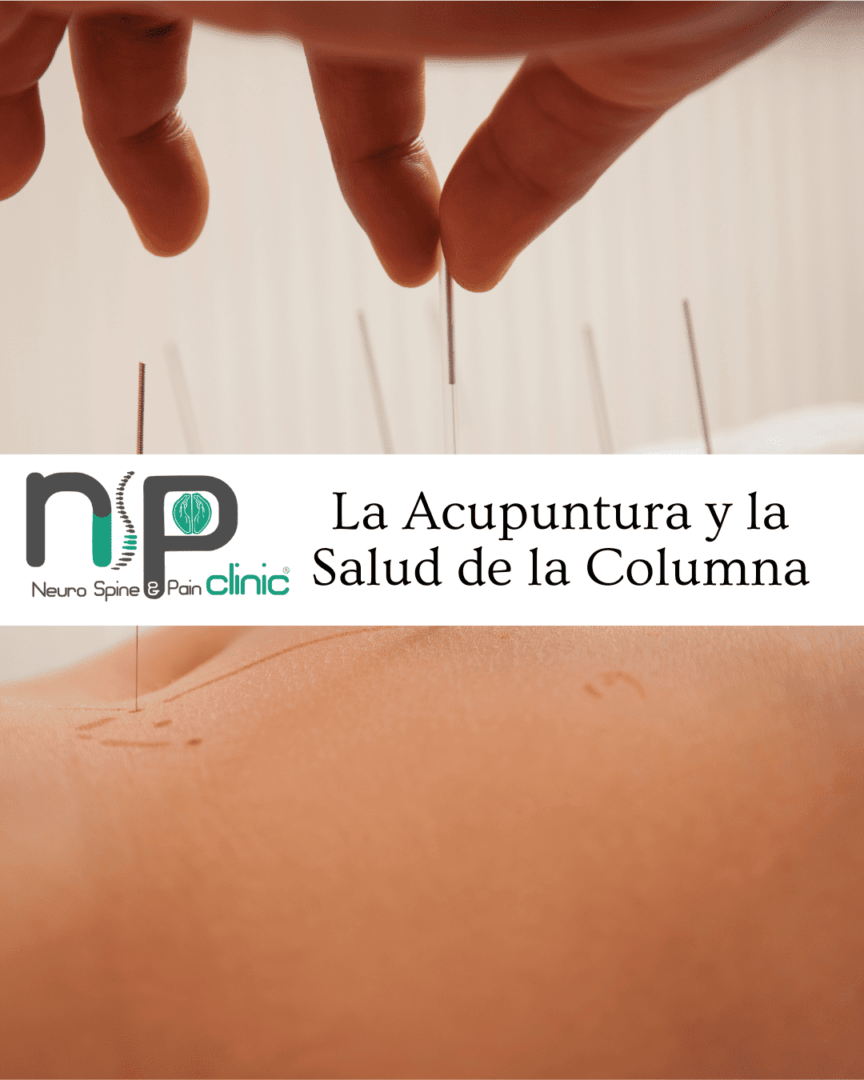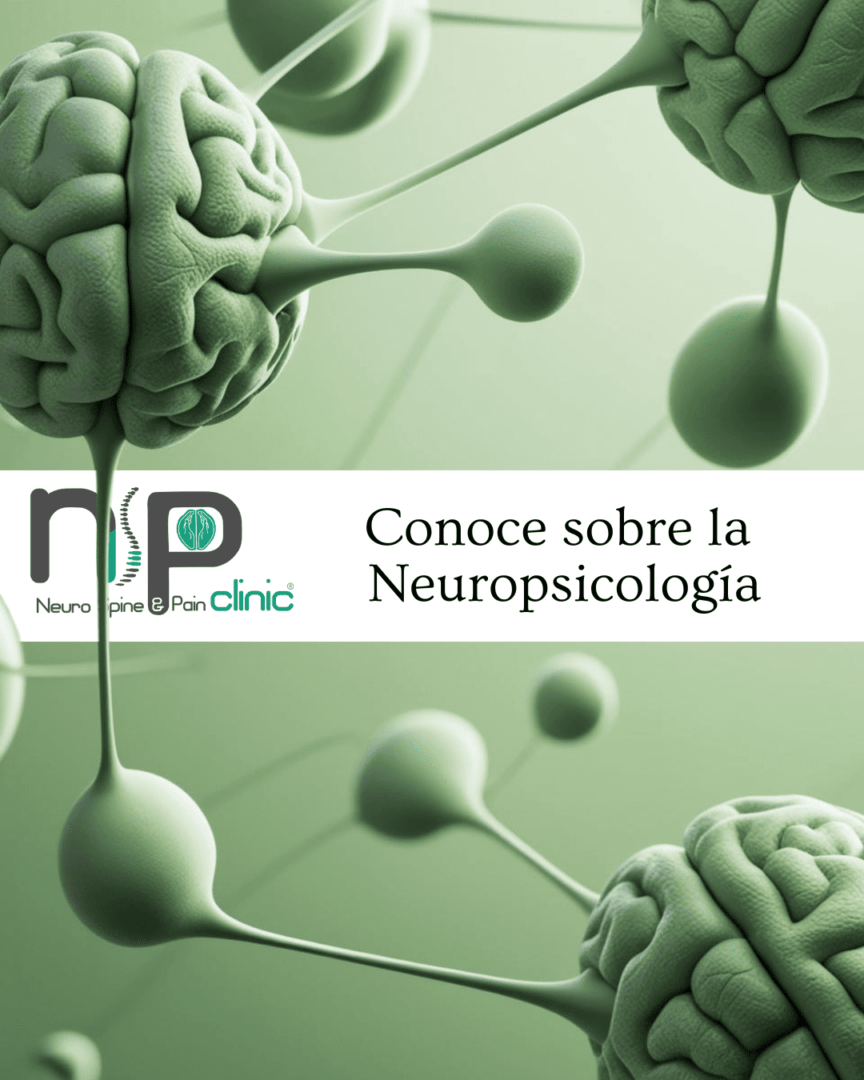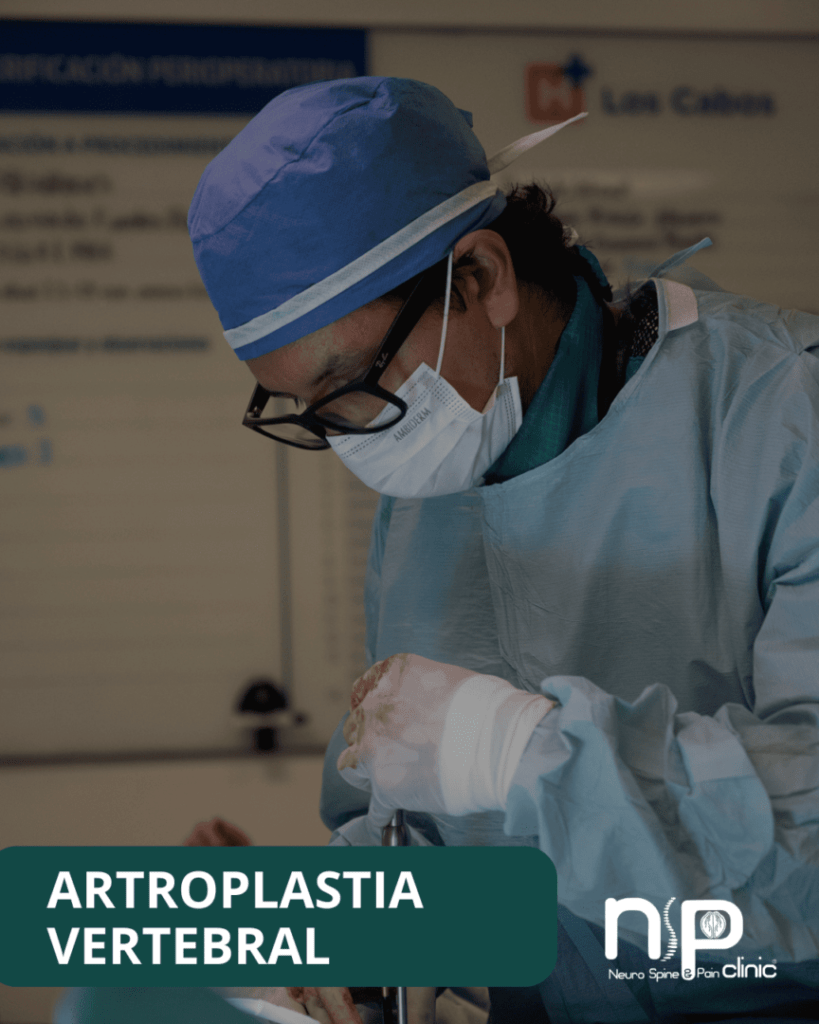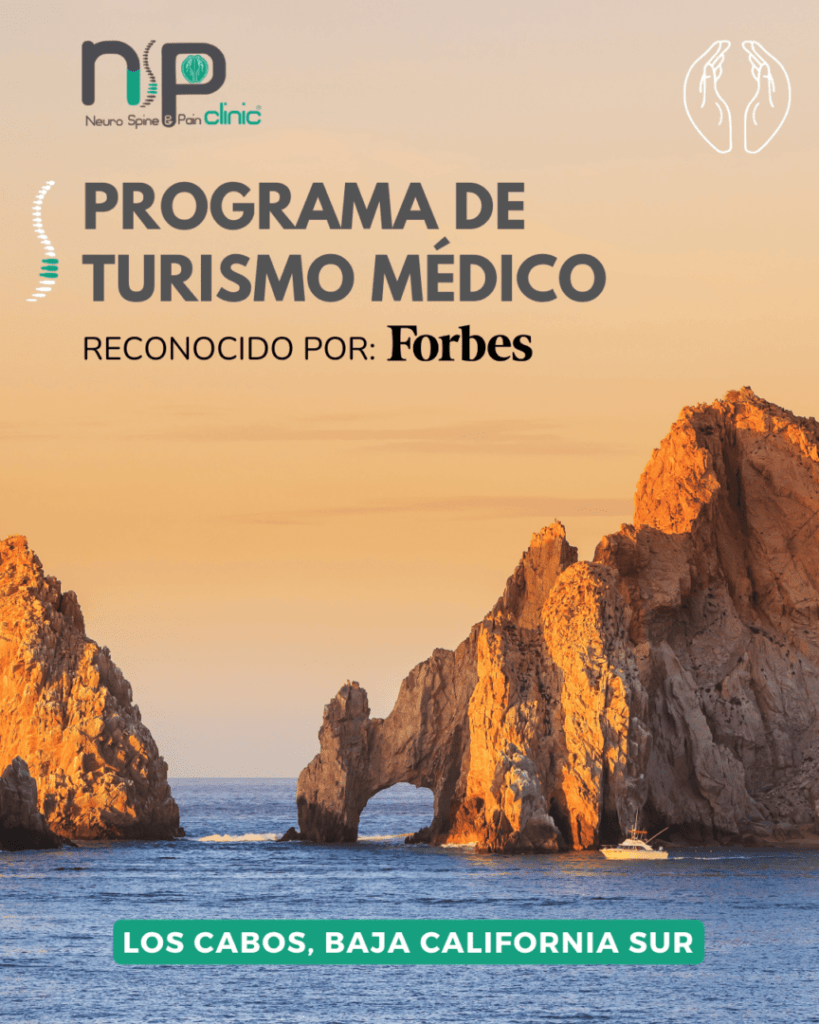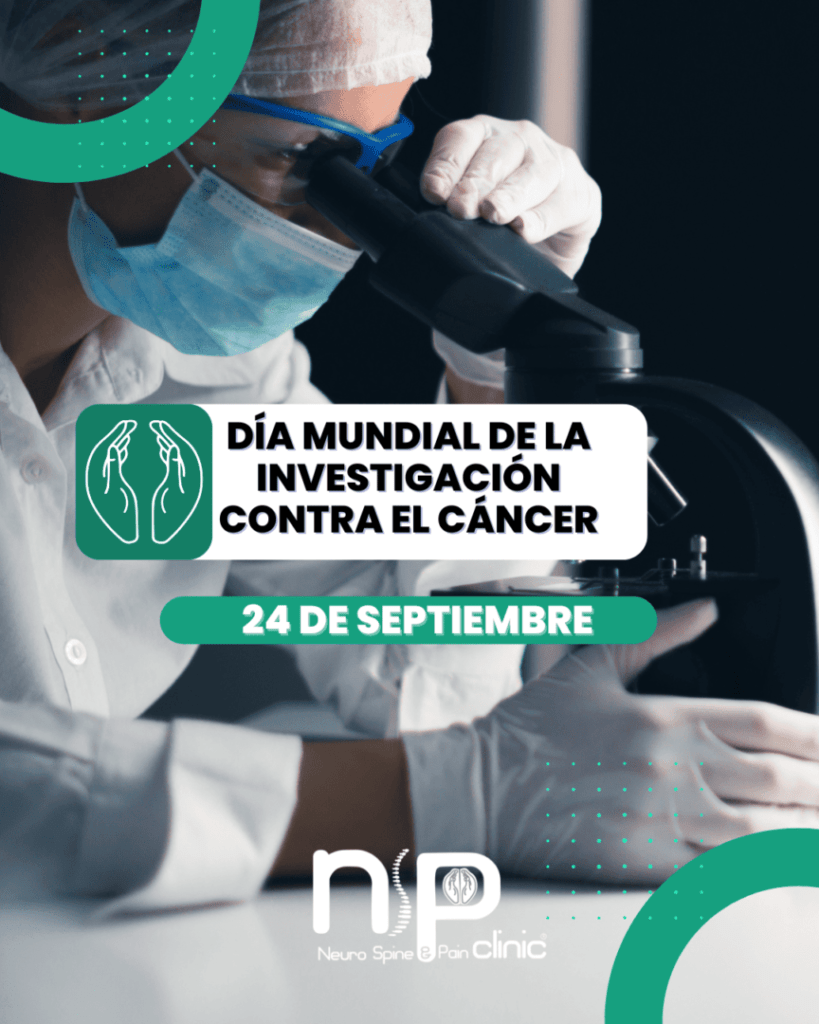Prebiotics
According to the WHO, they are living organisms that, when administered in adequate quantities, confer health benefits. They are found naturally in some fermented foods, some are added to foods to turn them into “super foods,” and they are also available as dietary supplements.
Probiotics are found mainly in the digestive system, promoting the health of our intestinal microbiota.
Most current probiotics are of the lactobacilli or bifidobacteria type, and some other bacteria such as Streptococcus, Enterococcus, Escherichia, Lactococcus or Bacillus. There are also fungi such as Saccharomyces Boluardii. These are traditional probiotics and are considered safe by the FDA in the United States and the EFSA in Europe.
Traditional probiotics are recognized, among others, for the following functions:
1. Produce beneficial metabolites: Short chain fatty acids, bacteriocins, lincololeic acid, secondary bile acids.
2. Manufacture vitamin K and B vitamins.
3. Produce proteins such as IgA and some antimicrobials.
4. Reduce pathogenic toxins.
5. Increase the activity of intestinal cells and the integrity of the intestinal epithelium.
6. Regulate the immune system and improve the antioxidant system.
There are new classifications among probiotics, these are psychobiotics which are probiotics that regulate the gut-brain axis to achieve positive effects on mood, neuro-degenerative diseases and psychiatric pathologies, others are immunobiotics which are bacteria that promote function of mucosal T lymphocytes, which are probiotics that have a proven effect on the immune system. And the others are oncobiotics, which are probiotics that can have a beneficial effect in the prevention or treatment of cancer processes and others are pharmabiotics which are probiotics of human origin that have proven effects on human health in some pathology. specifically, such as the diabetes product containing Akkermansia.
Prebiotics
Prebiotics are non-digestible food products that stimulate the growth of bacteria already present in our microbiota. Prebiotics are mainly fiber but not all types of fiber are considered prebiotic, they have to resist gastric acidity, prove to be beneficial for some bacterial strains of the microbiota, and improve the system's immunity against the invasion of pathogens.
Some types of prebiotics are lactulose, fructooligosaccharides, and inulin.
Our current diet is usually low in fiber. Given this situation, many companies have launched prebiotics that are marketed and contain substances such as inulin, galactopyranosyl fructose, xanthan gum, beta-glucans, mucilage or psyllium.
Postbiotics
Postbiotics are substances produced by a probiotic or a substance that is released after the destruction of a bacteria which influences the physiological response of our body.
Our intestinal microbiota from prebiotics generates products such as short chain fatty acids (acetate, propionic acid and butyric acid), butyric acid is mainly the food of colonocytes which is a cell of the colon, and this butyric acid It has been seen to be beneficial in avoiding colon cancer and maintaining good intestinal health.
How can we maintain a good microbiota?
To keep our microbiota healthy, the main thing is to eat a balanced diet, very low in sugar, even if we can avoid it in our diet it is better for the microbiota, it is also recommended to be balanced between the amount of carbohydrates, fats and proteins that we consume, which None of the three macronutrients is in excess, consume plenty of fiber, exercise daily avoiding a sedentary lifestyle, and something super important is stress management, if we cannot control our stress even if we have a good diet and exercise, stress affects a lot. our microbiota.
Other important points are to avoid drug and alcohol consumption, strengthen our social relationships, learn to manage our time, have contact with nature and nowadays it is important to have digital disconnection.
It is believed that every disease begins in the intestine, therefore we must take great care of our intestines and everything we put into them.
FOUNTAIN
Arpone S. (2021). It's the microbiota, idiot! DIANA
Author:
Dr. Walkiria Inzunza Romero


